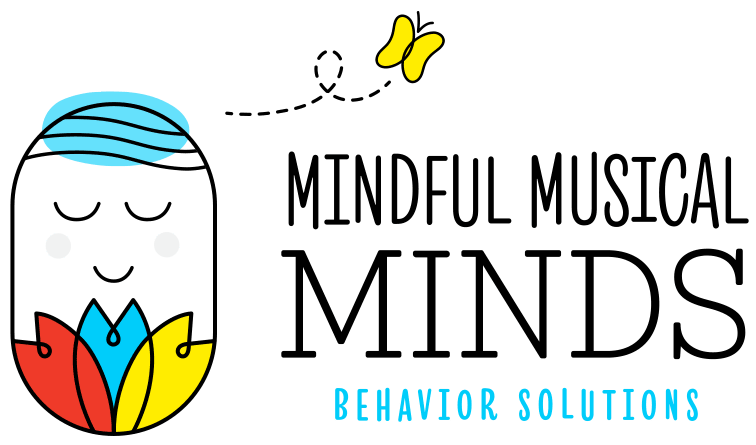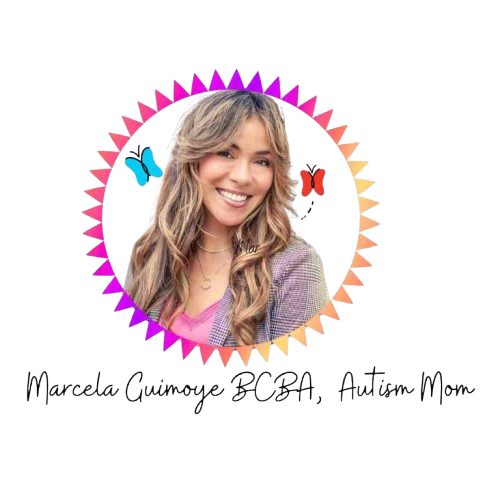Applied Behavior Analysis (ABA) therapy is a scientifically validated approach that focuses on improving specific behaviors such as social skills, communication, reading, and academics. ABA therapy is primarily known for its effectiveness in helping individuals with Autism Spectrum Disorder (ASD), but it can also be beneficial for a variety of behavioral conditions.
At its core, ABA therapy uses techniques like positive reinforcement to encourage meaningful behavior changes. A therapist begins by assessing the individual’s needs and then sets personalized goals. Progress is tracked and reviewed, allowing the therapist to adjust the intervention based on real-time feedback. Sessions can occur in various settings, such as at home, in schools, or in clinics, and are often structured to target specific challenges the individual faces.
ABA is known for its flexibility, making it an excellent tool for teaching essential life skills, fostering independence, and improving the quality of life for individuals receiving therapy. When applied by a qualified practitioner, it empowers individuals to lead more fulfilling lives by reinforcing positive behaviors and reducing those that may hinder personal growth.







